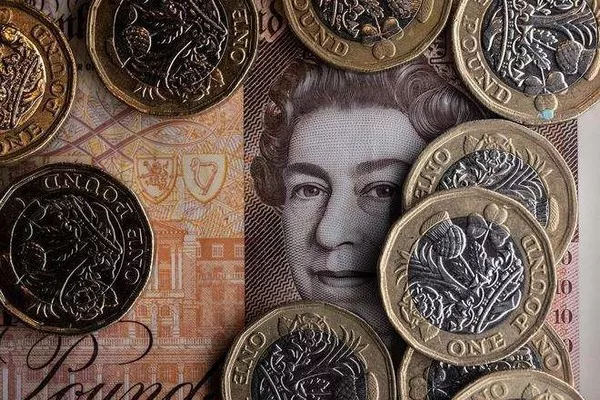The exchange rate between the British pound and the Ghanaian cedi is an essential aspect of international trade, investment, and tourism. The British pound, commonly referred to as the pound sterling or simply the pound, is the currency of the United Kingdom. On the other hand, the Ghanaian cedi is the official currency of Ghana.
At the time of writing this article, the British pound to cedi exchange rate is approximately 8.23. This means that one British pound can be exchanged for 8.23 Ghanaian cedis. The exchange rate fluctuates regularly due to various factors such as economic performance, political stability, inflation rates, and global market trends.
Factors Influencing the Exchange Rate
Several factors influence the British pound to cedi exchange rate.
- One of the most significant factors is the state of the British and Ghanaian economies. If the British economy is performing well compared to the Ghanaian economy, the value of the pound will likely appreciate against the cedi. Conversely, if the Ghanaian economy is doing better than the British economy, the cedi’s value will appreciate against the pound.
- Other factors that may influence the exchange rate include inflation rates, interest rates, political stability, and global market trends. Inflation rates refer to the rate at which the prices of goods and services increase over time. High inflation rates can cause a country’s currency to devalue over time. In contrast, low inflation rates can lead to a currency appreciating in value.
- Interest rates also play a crucial role in determining the exchange rate. When interest rates rise, investors are more likely to invest in that country, causing an increased demand for the currency and potentially leading to an appreciation in its value. On the other hand, when interest rates are low, investors may seek higher returns elsewhere, leading to a decrease in demand for the currency and possibly resulting in a depreciation in its value.
- Political stability is another critical factor that may influence the exchange rate. Countries with political instability, such as civil unrest or frequent changes in government, may experience a depreciating currency due to uncertainty and risk. In contrast, countries with stable political environments are more likely to attract foreign investment and have a stable currency.
- Global market trends also play a role in determining the exchange rate. For instance, if there is a global economic downturn, investors may seek safe-haven currencies such as the US dollar or the Swiss franc, leading to a depreciation of other currencies like the British pound or the Ghanaian cedi.
Impact on International Trade
- The exchange rate between two currencies has a significant impact on international trade. When the exchange rate between two currencies is favorable, it is easier for businesses to import and export goods and services between the two countries. For example, if the exchange rate between the British pound and the Ghanaian cedi is favorable, it would be easier for a UK business to purchase goods from Ghana.
- On the other hand, when the exchange rate is unfavorable, it can make it challenging for businesses to engage in international trade. This is because the costs of importing or exporting goods and services become prohibitively high due to the unfavorable exchange rate. A business that imports goods from Ghana may find it difficult to afford those goods if the exchange rate is unfavorable.
Implications for Tourism
The exchange rate between two currencies also has implications for tourism. When the exchange rate is favorable, it makes it cheaper for tourists to travel to another country. For example, if the exchange rate between the British pound and the Ghanaian cedi is favorable, it would be cheaper for a British tourist to travel to Ghana.
However, when the exchange rate is unfavorable, it becomes more expensive for tourists to travel to another country. This is because the cost of converting their currency into the local currency becomes more expensive due to the unfavorable exchange rate. A British tourist who wants to travel to Ghana may find it more expensive to do so if the exchange rate is unfavorable.
Conclusion
In conclusion, the exchange rate between the British pound and the Ghanaian cedi has a significant impact on international trade, investment, and tourism. The exchange rate fluctuates regularly due to various factors such as economic performance, political stability, inflation rates, interest rates, and global market trends. Businesses and tourists should keep an eye on the exchange rate to ensure they are getting the best value for their money when engaging in international trade or travel.


